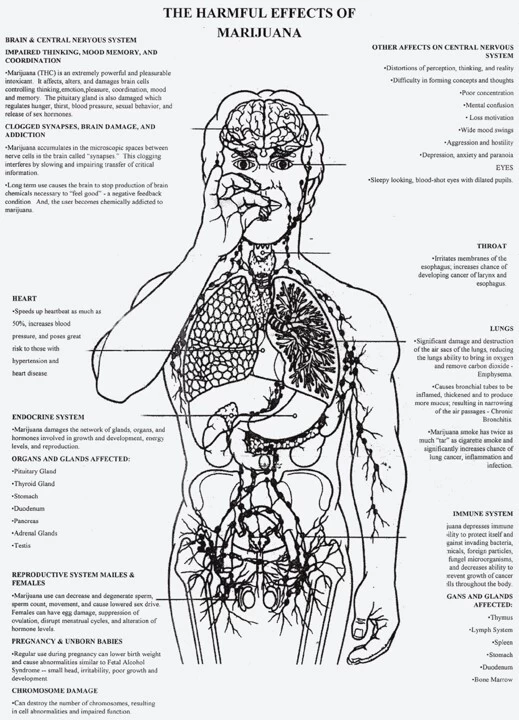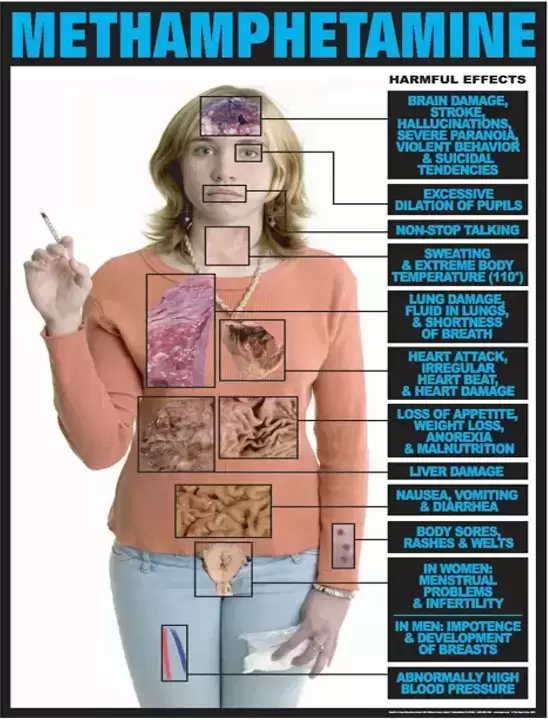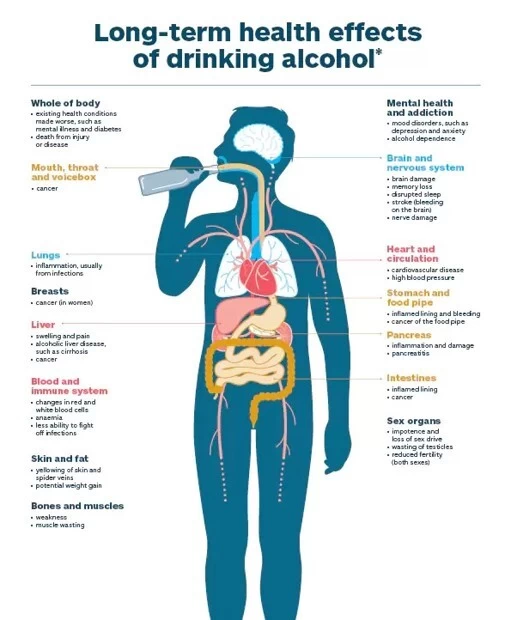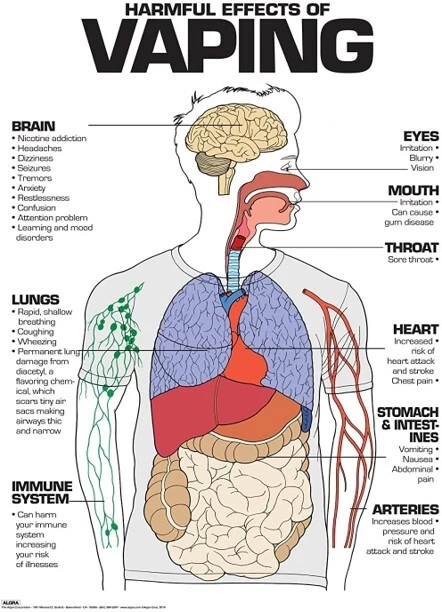There is no single reason why teenagers use drugs or alcohol. But here are some of the core issues and influences behind the behavior of teenage drug and alcohol use. It’s important that you, as a parent, understand these reasons and talk to your kids about the dangers of drinking and doing drugs.
1. OTHER PEOPLE
2. POPULAR MEDIA
3. ESCAPE AND SELF MEDICATION
4. BOREDOM
5. REBELLION
6. INSTANT GRATIFICATION
7. LACK OF CONFIDENCE
8. MISINFORMATION
There is no single reason why teenagers use drugs or alcohol. But here are some of the core issues and influences behind the behavior of teenage drug and alcohol use. It’s important that you, as a parent, understand these reasons and talk to your kids about the dangers of drinking and doing drugs.
1. OTHER PEOPLE
2. POPULAR MEDIA
3. ESCAPE AND SELF MEDICATION
4. BOREDOM
5. REBELLION
6. INSTANT GRATIFICATION
7. LACK OF CONFIDENCE
8. MISINFORMATION

SOME COMMON SIGNS OF TEEN DRUG ABUSE INCLUDE:
- Bad grades
- Bloodshot eyes
- Laughing for no reason
- Loss of interest in activities
- Poor hygiene
- Diminished personal appearance
- Avoiding eye contact
- Frequent hunger or “munchies”
- Smell of smoke on breath or clothes
- Secretive behavior
- Unusual tiredness
- Missing curfew

SOME COMMON SIGNS OF TEEN “P” ABUSE INCLUDE
The physical symptoms of meth use include:
- Dilated (larger) pupils – Hyperactivity
- Irritability – Ticks
- Loss of appetite – Disconnected thoughts
- Increased sensitivity to noises
- Skin sores – Hallucinations
A child or teen using meth might also show behavioral signs like:
- Sleep changes – Social changes – Paranoia
- Losing money – Mood swings – Secrecy
Meth is a stimulant that causes an intense high and then a crash, which also has symptoms.
“It can bring about a severe crash when the inebriating effects wear off, causing a person to sleep for days afterward, “Other common physical effects of coming down from the drug include body aches, heartburn, and feeling extremely lethargic, nauseous, and confused.”

As parents and carers, you can’t prevent young people from experimenting with alcohol, but you can encourage sensible drinking habits.
Suggestions include:
- Be a good role model.
- Teach your child about alcohol from an early age.
- Help them to understand that stress can be dealt with in a healthy way that doesn’t involve alcohol.
- Explain the downside of heavy and binge drinking (such as vomiting, head spins, passing out and hangovers).
- Educate your teenager on the links between drinking and risky behaviour – such as the increased risk of accidents and injury, and how alcohol impacts the ability to make decisions.
- Teach your teenager sensible tactics such as – how to say no, sticking to the standard drink recommendations, pacing themselves, alternating alcoholic drinks with non-alcoholic drinks and not drinking on an empty stomach.
- Talk about the dangers of drink-driving – plan some alternatives (such as catching public transport, designated drivers or calling home).
- Encourage your teenager to talk with their friends about the dangers of alcohol, so they can come up with ways to look out for each other.
